The founder. What does that mean to be a founder of an organization? And, how does that impact the relationship with your Board of Directors?
Organizations have natural life cycles and founders play a unique role in the organization that the found. There is growth and with growth comes pains.
For founders, what was once solely their creation, becomes something much bigger and larger. And, then the organization grows up and beyond and
needs structure and staffing. The founder must give up something that was very personal to a bigger entity, a bigger dream. Founders hire their first staff; they organize their first Boards, and then they even go on to leave the organization that they founded.
But, through this process, the founder must struggle with their identity and vice versa. How much power and autonomy does the Board have with a founder who remains at the helm? How much power and authority does a founder have to a new found Governance Board who now supervises this very person who founded the organization? Can the Board make as many decisions as another Board with a non-founder CEO? When does this dichotomy change? And, how does it change? At what point?
As the Board begins to professionalize and develop, the Founder plays a key role in ensuring this transition and establishing a Board that will live well beyond them. This reality must be hard for founders as they grapple with creating an organization living beyond their control of it. What was once their dream becomes something much more. While awe-inspiring, on one hand, it can also be frightening on another. And, they are now charged with putting in the structures and supports that will ensure that this continues well beyond them, a founder faces their mortality and lack of power on the other. These same structures and supports i.e. Governance structures, professional staff, start to cause a separation in the identity of the founder. The organization is changing in a way that separates and institutionalizes their role.
Is Governing the same in a nonprofit organization that is led by a founder as it is by a non-founder? I say the structures and functions are the same, but the relationship is not. This relationship needs time to “catch up” and transition. The dynamics need to develop. Decision-making is not as black and white. The founder still has much invested in the direction of their organization, and only through time will this separation happen. I wouldn’t advocate that a nonprofit Board takes a hard stance and decide that it is the “Boss” of the founder. Nor would I advocate that the founder has free reign without the Board. I wouldn’t advocate that the Board sit back and let the founder make all the decisions or nor would I advocate that the Board make all the decisions. There is much more of a fine line when it comes to Board Governing in a founder-led organization. The Governance model provides structure, and then the organization is charged with strategically dealing with the “Elephant in the Room” regarding Governing with a founder at the helm or not? Parameters need to be developed that outline what this unique relationship will look like and what is considered acceptable or not acceptable not just today, but as the organization continues to move forward into the future and the tension of Governance and management continues to evolve and change and go beyond the founder.
The organization must move towards professionalizing if it is going to continue beyond its founder. And, in doing so, the growing pains that a founder and a Board go through are unlike any other. But, as the Board continues to become more sophisticated in its functioning and as the organization begins to professionalize and hire staff, the founder must continually define his or her new role with increasingly less control and a willingness to divest themselves of ownership. Likewise, the Board needs to navigate gingerly this transference of organizational equity to begin to take more control, ensure the overall effectiveness of the organization, continue the mission, and plan for succession of the founder and the resulting organizational shifts. How an organization manages this change, happens over time.
But, all – both the Board and the founder, must be aware that unlike other organizations, they do face unique challenges and opportunities, and must ease each other into their new roles and organizational structures while honoring the past and preparing for the future. This change in roles is a Governance question that if left unaddressed can cause great consternation and organizational dysfunction. It is better to deal with the “Elephant” than to have it trample all over you.
Change management is hard work, but so is dealing with the aftermath of an organization that failed to identify its complexities and address them as they navigate the sea of change. Lifeboats only help when the ship is sinking. A rudder helps to steer the ship, and a compass guides it while in sail.




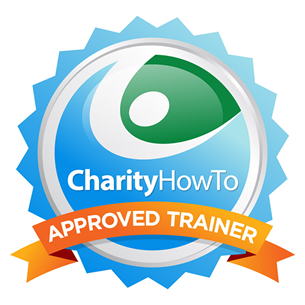
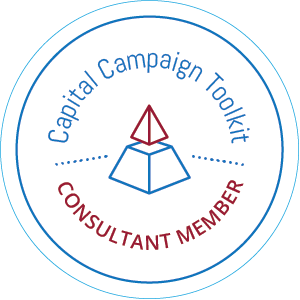
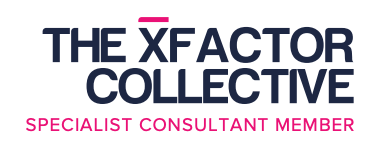
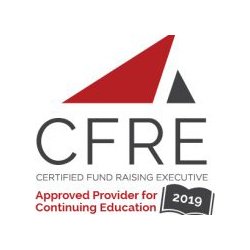
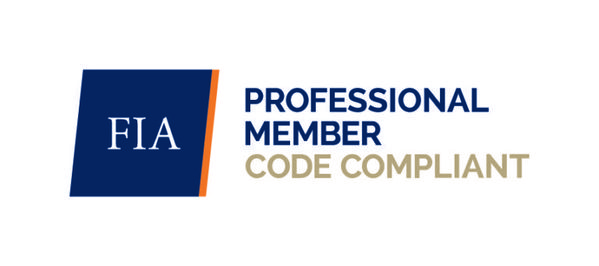

Thanks for your thoghuts. It’s helped me a lot.